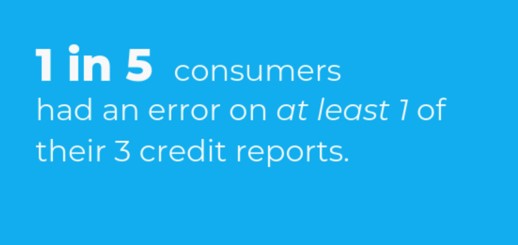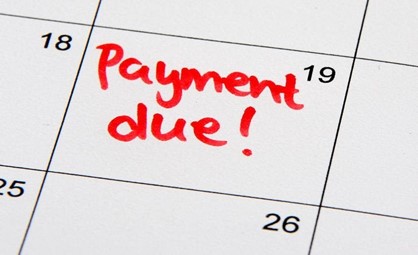Reviewing your Post-Pandemic Credit Score

As COVID-19 rates are lowering across the province and Ontario is finally beginning to re-open, you may have some concerns regarding your credit score. Many different industries were forced to temporarily (or permanently) shut down due to the heavy restrictions. While you personally may have faced certain financial hardships, you are not alone.
Autoloans.ca is here to provide you with reassurance and tips for your post-pandemic credit score.
1. Get Your Credit Report!
It’s easy! Don’t put off checking your score and report just because you are nervous. It’s quick and simple. For example, head to Equifax website’s homepage. From here, you’ll have to input some personal details and answer a few questions. Although you can also add your social insurance number, this isn’t a requirement. Once all the necessary information has been added, your free credit score will come back within 10 minutes. There’s no need to fret about the unknown. Access your credit information and then move on to the next step!

2. Review, Review, Review!
Mistakes happen! It is said that 1 in 5 credit reports have errors in them.
Identity Errors: This could include errors in your personal information such as the misspelling of your name, the wrong name altogether or incorrect contact info such as your address or phone number. Didn’t open that retail credit card? If you were a victim of identity theft, there could be accounts that you didn’t open. There also might be accounts that belong to someone who has the same name as you or a name that’s similar to yours.
Duplication Errors: Upon closer inspection, you might find that the same debt is listed several times. It might be listed under different names or creditors, so be sure to look at all the numbers. This could happen when a creditor or lender undergoes acquisition and there’s a name change.
Balance Errors: Common errors with your balance could be the wrong amount on your balance or the wrong credit limit. The credit limit on a credit card might be reported higher or lower than what it actually is.
Account Errors: There might be mistakes in the actual status of your accounts. For instance, maybe an account that should still be open is reported as closed, or vice versa. There could also be accounts where you’ve been making on-time payments and yet they’re reported as delinquent or late. Other misinformation might be the wrong date of when an account was opened or closed, when you last made a payment or when you started being late or defaulting on your payments. What’s more, you might be listed as an authorized user on an account when you are actually the primary account holder or the other way around.

3. Errors? Dispute!
You have the right to dispute any information on your credit report that you believe is wrong!
Step 1: Support your case – Gather receipts, statements and other documents related to your credit accounts. You may need them to prove your claim.
Step 2: Contact the credit bureaus – Both Equifax Canada and TransUnion Canada have forms for correcting errors and updating information. Fill out the form to correct errors:
Before the credit bureau can change the information on your credit report, it will need to investigate your claim. It will check your claim with the lender that reported the information. If the lender agrees there is an error, the credit bureau will update your credit report. If the lender confirms that the information is correct, the credit bureau will leave your report unchanged.

4. Focus on Payments!
Maybe you missed a payment during the pandemic due to your financial situation. Life happens and sometimes payments slip. Unfortunately, one missed payment could have detrimental effects. Paying your bills on time is important for score improvement!
Keep note of your due dates in a calendar and set reminders, sign up for automatic payments or even ask your lender if you can change your due date so that it is around when you are paid. It is way more important to pay the minimum amount due than to delay payment completely.
Additionally, it’s important to review your outstanding debts. Don’t avoid acknowledging what you owe. Set a realistic budget and timeline to work through your debts. An easy starting point is your credit cards. They traditionally charge higher interest rates than other loans in Canada.

5. Focus on the Future
If your credit score dropped and you’re nervous for the future, that’s normal. However, the best plan of action to boost your post-pandemic credit score is to stay calm, create a plan and work towards a goal. After thoroughly reviewing your report and taking any necessary action to fix errors, focus on aspects that you can directly impact. Like #4, create a bill schedule. Note all your bills due dates. Review and minimize any extra costs that you can live without such as an extra streaming service. Prioritize your payments. Additionally, there is still support being offered by Canada’s Economic Covid-19 Relief Plan.

Source 3
If you’re having a hard time securing funding because of your credit score (and haven’t had the chance to work for long enough at your credit repair plan), why not consider giving us here at autoloan.ca a call? We consider every single application we receive, and don’t discriminate based on your current score, so you’ve really got nothing to lose by calling us up and seeing if there’s something we can devise to help you out with your current situation.


